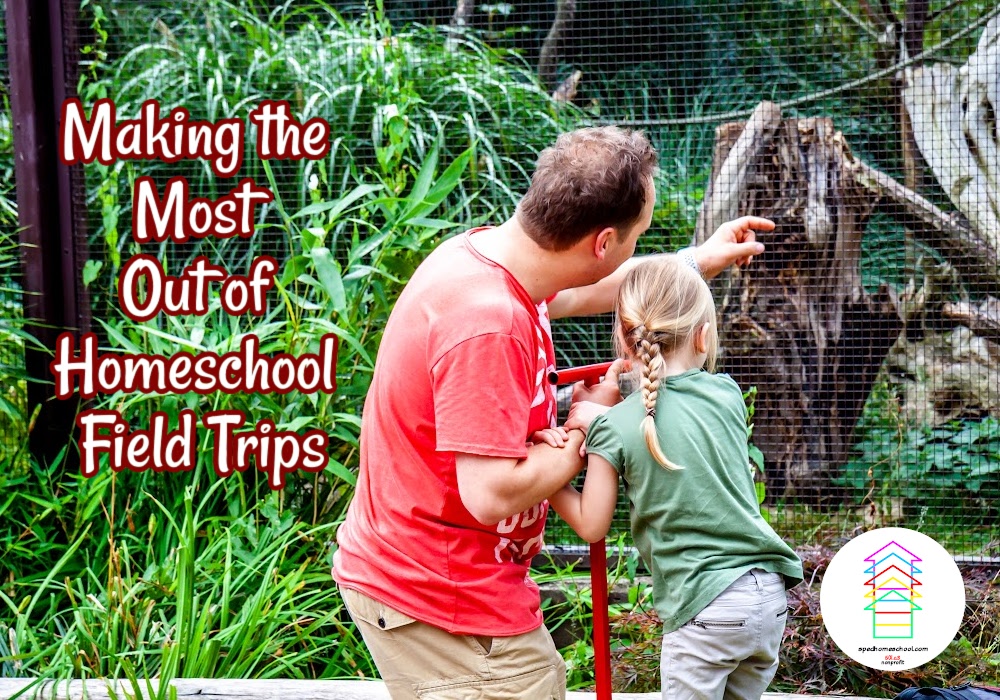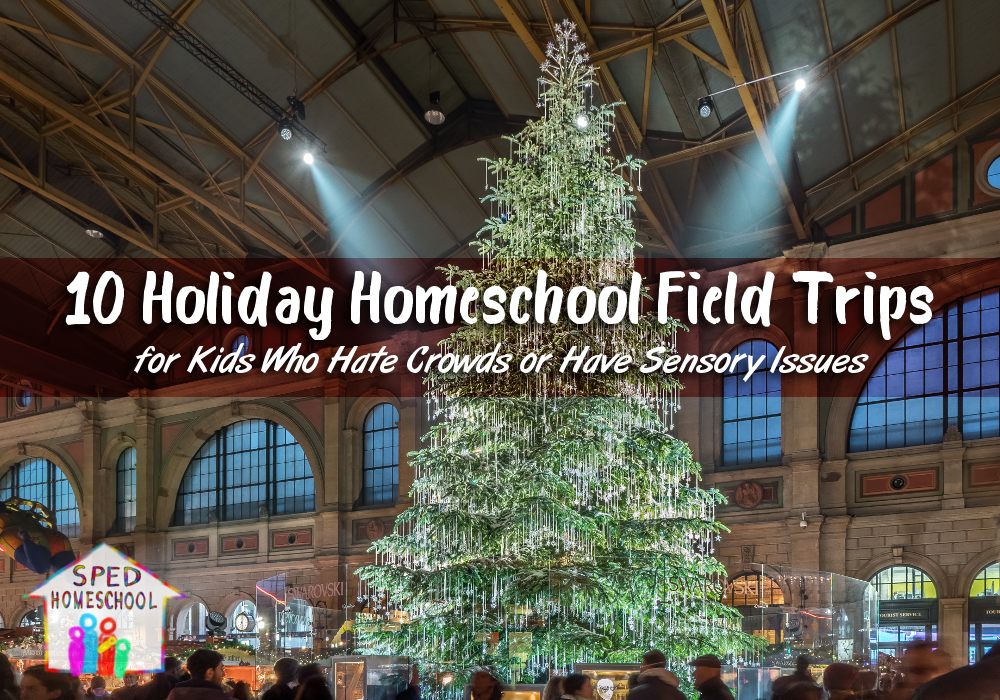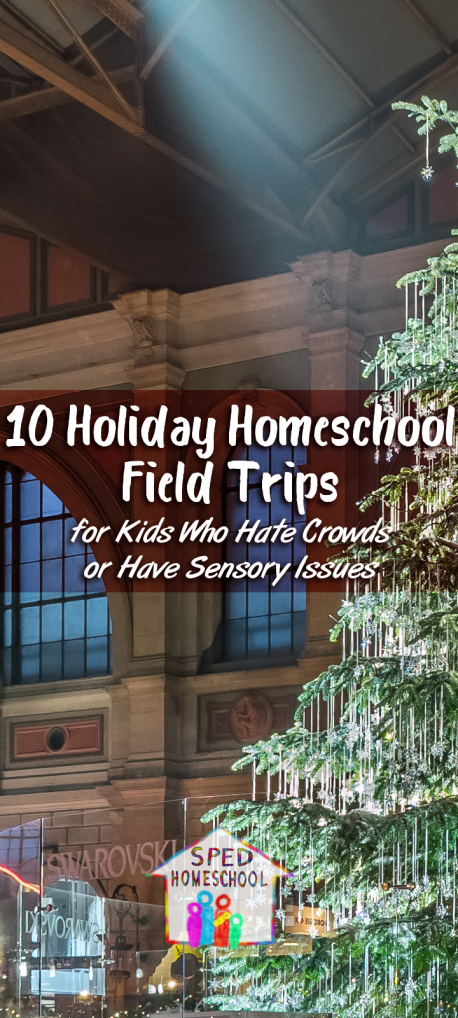
By Teresa Jones from BiblioPlan
“Would you like to learn to write with a feather?” The park guide asked, while handing my daughter a quill and a little jar of ink. She curiously accepted the feather and scratched out her name on a weathered-looking piece of parchment. This was one of the first beautiful spring days and we were fortunate enough to be attending a homeschool program at a historical fort. But I kept glancing at the time and asking myself a crucial question: Could we race home soon enough to get a full day of school work done so we wouldn’t fall behind?
I was making a critical mistake when it comes to homeschooling and I don’t want you to do the same.
How to make the most of your field trip:
- Plan ahead. If you’re going to an art museum to see the newest exhibit, take a few minutes to learn about the artist. Heading to a Civil War battlefield? Learn why this battle was important in the war. Your children don’t need to memorize every detail. They don’t need to be studying the topic as part of their normal schoolwork. They will learn while on the field trip, but it would be helpful for them to have a framework of the significance of the location.
- What can we ask? When planning field trips when my children were younger, I’d ask this simple question on the drive there. “What questions can we ask while we are on our field trip?” This challenged my kids to think about what they knew and what they wanted to know. In addition, it also prepared them up for some interaction while on the field trip. We’d decide what were good questions and then make sure we learned the answers while on the field trip.
- Ask for accommodations if necessary. If you have any special concerns, don’t worry about contacting the place of your field trip ahead of time. Remember, they want you to have a great experience and will be glad to help you with any arrangements to make that happen. For years, I had wanted to take my children to a Civil War encampment and battle reenactment, but I knew my daughters would hate the loud blasts and burnt smell that come from the paper cartridges during the battle reenactment. So year after year, I’d pass on the event. Finally, one year, I asked the organizers if there was a way for us to experience the civil war encampment, but not the loud and smelly blasts. Their solution was simple: come the day before when everyone is setting up their camps. It was perfect! We walked through the encampment and talked to the men and women as they set up. They were happy to explain what they were doing and answer all of our questions. It’s always great to learn from people who are enthusiastic and knowledgeable about a subject. Their lively interest is contagious!
- For all the special accommodations and prep work, make sure you find a balance. Don’t become that pushy parent who insists their child “demonstrate” their knowledge on the field trip. Don’t force your child to shoot their arm up at every question asked. Don’t expect them to thoughtfully consider every piece of artwork. Don’t use the field trip as a chance for them to show off their knowledge to others.
- And finally my last tip, the advice I wished I had followed at that historical fort when my daughter was writing with a quill: relax and enjoy it! I was so worried about “getting our school work done” that I forgot the reason we were at that fort in the first place, to learn and to have a great time doing it! Everyone will have fun and learn even more if you’re not stressed about hurrying home to get some schoolwork done! The field trip IS your school work for the day! Enjoy the break from the usual routine.
As I send my oldest off to college this fall, I realize the number of field trips in my future are dwindling. The days spent wandering through art museums or riding a wagon through an apple orchard are coming to a close. Those field trip memories are some of the highlights of our homeschool days.
Teresa Jones has been homeschooling for nearly 10 years. Her oldest daughter will be a college freshman in the fall and her younger daughter will be a high school sophomore. She represents BiblioPlan at homeschool conventions and online. She also teaches one of BiblioPlan’s online history classes. Her family’s favorite field trip was the Homeschool Day at Fort Ticonderoga.



